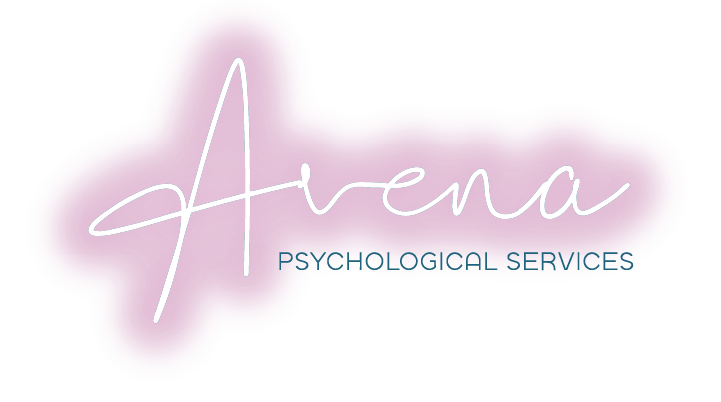Orthorexia is a term used to describe an unhealthy obsession with healthy eating or an extreme fixation on consuming only “pure” or “clean” foods.
Here’s a brief overview of orthorexia and potential treatment approaches:
- Understanding Orthorexia: Orthorexia nervosa is not officially recognized as a separate eating disorder in diagnostic manuals, but it is a significant concern. It involves a preoccupation with food quality, rigid dietary rules, and an intense fear of consuming “impure” or “unhealthy” foods. Individuals with orthorexia may become socially isolated, experience nutritional deficiencies, and face psychological distress.
- Recognizing the Signs: Common signs of orthorexia include strict dietary rules, obsessive focus on food ingredients, anxiety about food choices, excessive guilt or self-punishment for perceived dietary “mistakes,” and deteriorating social or occupational functioning due to food-related behaviors.
- Seeking Professional Help: If you suspect you or someone you know may be struggling with orthorexia, it’s crucial to seek professional help. Consult a healthcare provider, such as a registered dietitian, therapist, or eating disorder specialist, who can assess and provide appropriate guidance.
- Cognitive-Behavioral Therapy (CBT): CBT is often an effective treatment approach for orthorexia. It helps individuals challenge and modify maladaptive thoughts, beliefs, and behaviors related to food and body image. CBT can promote a healthier relationship with food, address underlying anxieties, and improve overall well-being.
- Nutritional Counseling: Working with a registered dietitian experienced in eating disorders can be beneficial. They can help individuals develop a balanced and flexible approach to eating, gradually reintroduce a wider variety of foods, and address nutritional deficiencies or imbalances resulting from restrictive eating patterns.
- Addressing Co-occurring Conditions: Orthorexia may co-occur with other mental health conditions, such as obsessive-compulsive disorder or anxiety disorders. Treating any underlying conditions can significantly contribute to the overall recovery process.
- Support Networks: Engaging in support groups or therapy sessions specifically focused on eating disorders can provide a sense of community and understanding. Connecting with others who have experienced similar challenges can offer valuable support and encouragement.
- Self-Care and Mindfulness: Promoting self-care practices, stress reduction techniques, and cultivating a positive body image are important aspects of treatment. Mindfulness exercises, such as meditation or yoga, can help individuals develop a healthier relationship with food, their bodies, and overall well-being.
Seeking professional help is essential for the accurate diagnosis and treatment of orthorexia. Recovery is possible with appropriate support, guidance, and a comprehensive approach that addresses both the psychological and nutritional aspects of the disorder.
Seeking a psychological assessment can be an important step towards gaining a deeper understanding of your mental health, clarifying diagnostic concerns, or developing an effective treatment plan. However, if you’ve never undergone a psychological assessment before, you may be unsure about what to expect from the process.
Understanding the various components and steps involved can help alleviate any apprehension and allow you to actively engage in the assessment.
Contact us to schedule an appointment with a professional in New York or New Jersey.

